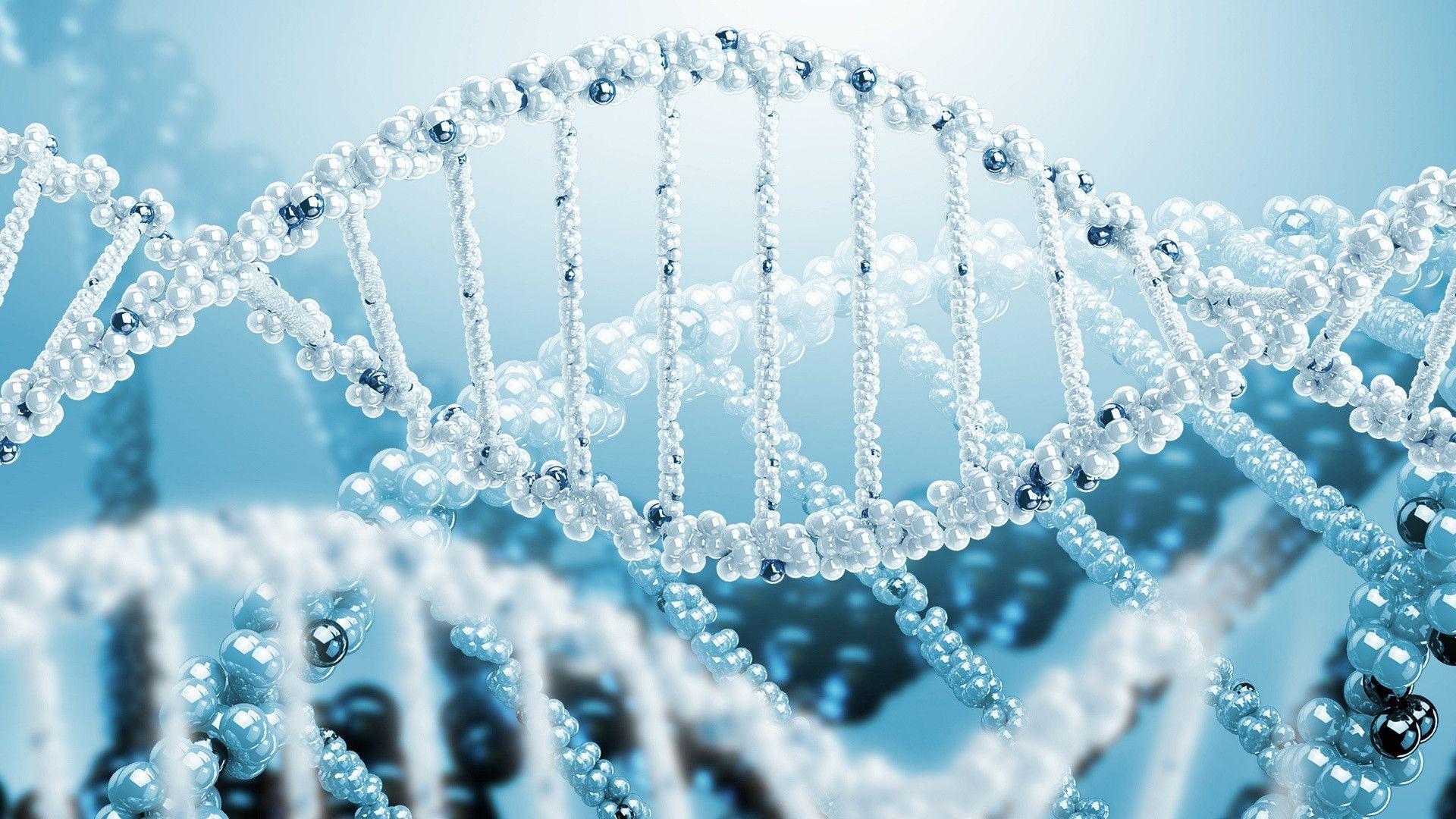The present work evaluated the curative effect of marjoram (Origanum majorana L.) (MO) on myocardial toxicity induced by doxorubicin (DOXO) in rats. Forty rats (210-230 g) were allocated into four equal groups; control (CO), cardiotoxic-DOXO (DOXO), marjoram extract (MOE) (750 mg/kg), and marjoram extract (MOE) intoxicated with DOXO (MOE+DOXO). Cardiotoxicity was induced through a single intraperitoneal (i.p.) injection of DOXO 20 mg/kg. Rats received orally MOE (750 mg/kg) for 24 days and at the 21st day, they were injected i.p. with DOXO. Three days (72 h) after DOXO injection, rats in all groups were sacrificed. Ingestion of MOE (750 mg/kg) did not affect myocardial functions; however, there was a slightly non-significant increase in the antioxidant status relative to the CO group. Administration of DOXO significantly induced myocardial damage evidenced through significant increase in serum myocardial functions (CK-MB, and LDH), significant myocardial oxidative stress (significantly increased cardiac TBARS level and significantly decreased cardiac SOD and CAT levels), and inflammation (a significant increase in the serum IL-6 and TNF-α levels) compared to the CO group. Inflammatory lesions, congestion of myocardial blood vessels, focal necrosis of cardiac myocytes, and intramuscular edema were observed in the microscopically examined cardiac tissue. The group pre-treated with MOE (750 mg/kg) before DOXO injection revealed the curative role of MOE as evidenced through a significant improvement in the serum cardiac function, cardiac oxidative stress, and pro-inflammatory cytokines markers relative to DOXO group, as well as showed markedly normalized cardiac tissue. In conclusion, MOE (750 mg/kg) has a curative and cardioprotective role against DOXO through its’ potent antioxidant and anti-inflammatory mechanisms. Therefore, this study gives a new curative strategy for cancer patients receiving chemotherapy drugs

